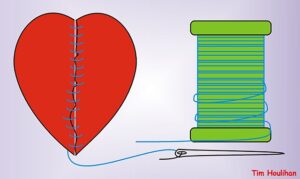
‘The only thing worth writing about is the human heart in conflict with itself’
– William Faulkner
I love this. We often think about conflict as being external – between two characters, or between a character and society/an organisation etc. But beneath this there is often a stronger internal conflict occurring. Protagonists may consciously or subconsciously ask themselves: what am I willing to sacrifice to achieve my goal? How many lines am I willing to cross in pursuit of my desire?
The nature of the conflict will depend on genre.
Take a character from a thriller who is being blackmailed. The internal conflict centres around questions such as: ‘Do I give in, or do I resist? What’s more important to me? Am I willing to live with the consequences? What if I make the wrong decision? Which outcome is the one I can live with the most?’
Perhaps money is involved, a secret, or the safety of a loved one. Jack Jordan’s Do No Harm is the story of a surgeon blackmailed into murdering a patient in order to save the life of her captive son. Often the greatest conflict is when a protagonist is torn between choosing between two of their key attributes, e.g. the surgeon must choose between her medical ethics and her love for her child. The reader may have their own view on which is the obvious choice, but the compelling aspect is how the character struggles with their dilemma, the suspense of which option will be chosen and what the consequences will be, or if/how they can avoid both negative outcomes.
‘Everything is driven by characters wanting different things, and by those different things colliding’
– Neil Gaiman
Leaving aside the controversy surrounding this author, this is such a great quote. An epic example is Frodo’s quest to destroy the One Ring, which conflicts with Sauron’s desire to reclaim it and use it to dominate Middle Earth. A ‘quieter’ collision could be between a character’s yearning for self-discovery and their partner’s desire to maintain the status quo, à la Shirley Valentine. Difference equals tension.
‘No man chooses evil because it is evil; he only mistakes it for happiness, the good he seeks’
– Mary Wollstonecraft
This is an interesting way to think about your antagonist. ‘Everyone is the hero of their own story’ after all. While some ‘baddies’ may be intrinsically evil, many will have more nuance, and it can be argued that this greater complexity makes for a novel with greater depth. Antagonists have their own reasons for wanting what they want and doing what they do. We may think their reasons are selfish, or power-hungry, or vengeful, but to them what they want matters, and what they’re willing to do to achieve it can be extremely compelling. Sometimes, they may even believe that what they’re doing is for the greater good!
Experience
Faulkner’s quote brings to mind my love of writing interiority, which is a great way to show how conflicted a character is internally and the questions that they wrestle with. I have to be careful not to over-do it though!
Gaiman’s quote is a reminder that a character must actively drive the plot towards the achievement of their goal, and experience external conflict along the way. Sometimes my characters are quite passive at the beginning of my novels and I need to remember to make what they want clearer, earlier.
For me, Wollstonecraft’s quote emphasises the importance of backstory. What made the antagonist the way they are? Why do they want their goal so badly? How are they hoping to benefit by achieving their desire? I must ensure that my antagonists are well-rounded and not shallow stereotypes/caricatures.
Final Thoughts
Do you have any thoughts or examples related to these quotes?
Do you have any other quotes to share? How do they relate to your writing experience?
Structuring Scenes
How to craft scenes with purpose
I watched another excellent webinar recently. The content was helpful as both a planning tool and as an editing tool. Scene structure mimics story structure, but on a…
On The Honest Authors’ podcast, Gillian McAllister once mentioned that she was asked, “Do you really think that?” about something controversial she’d written in one of her novels….
Bear With Me! Okay, this is probably a weird analogy but this is how my (bird-brained!) mind works. So, in terms of the title question, I’ve thought long…


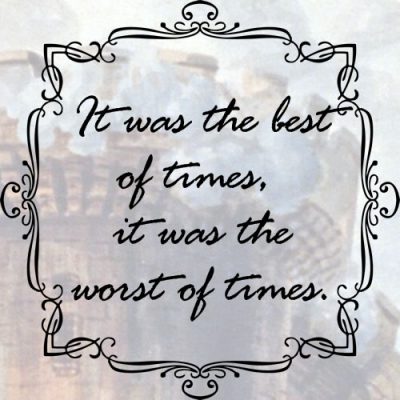

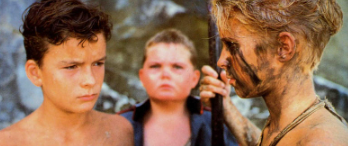
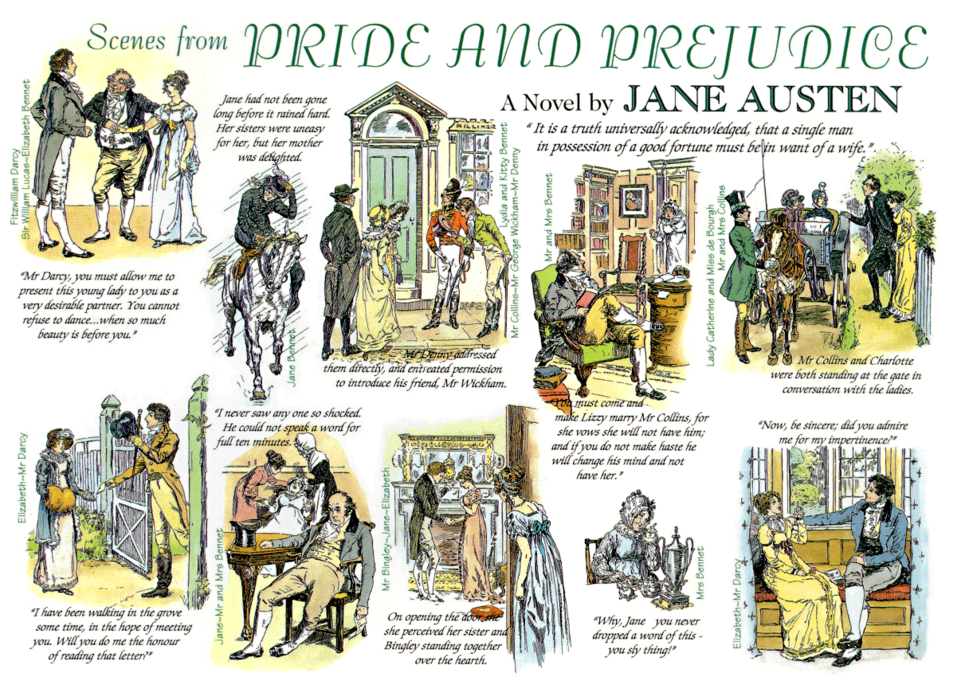
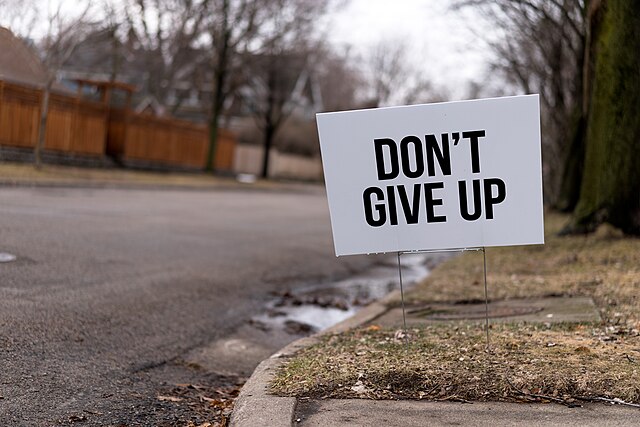
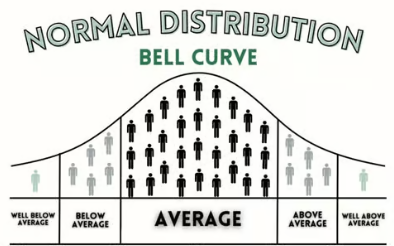
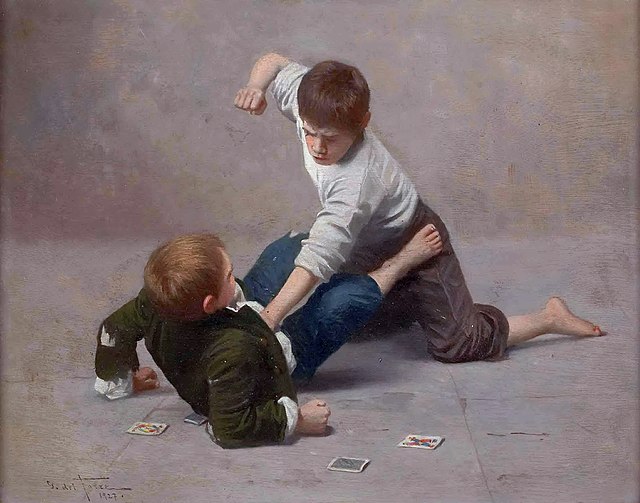
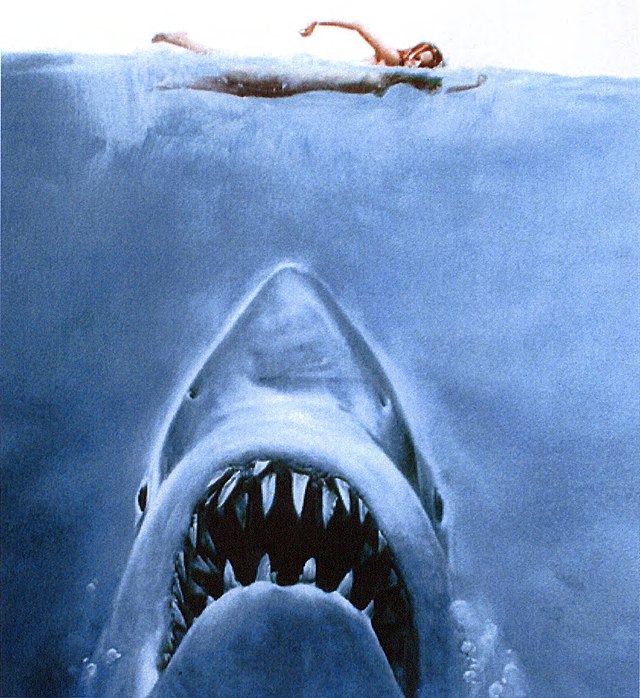
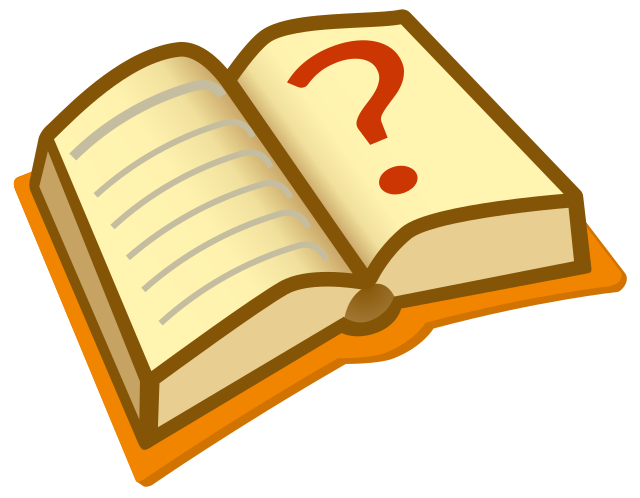





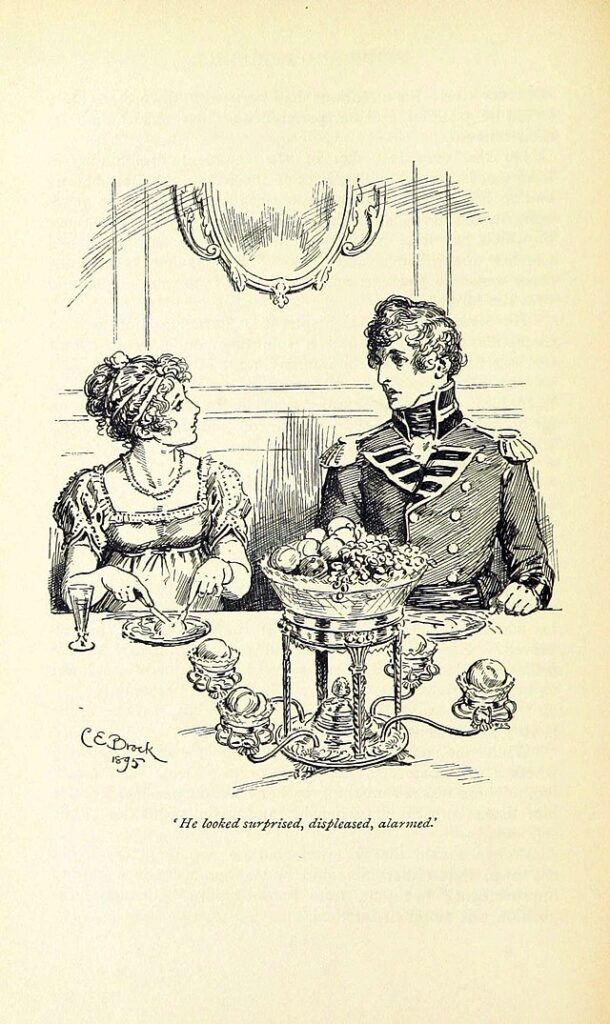
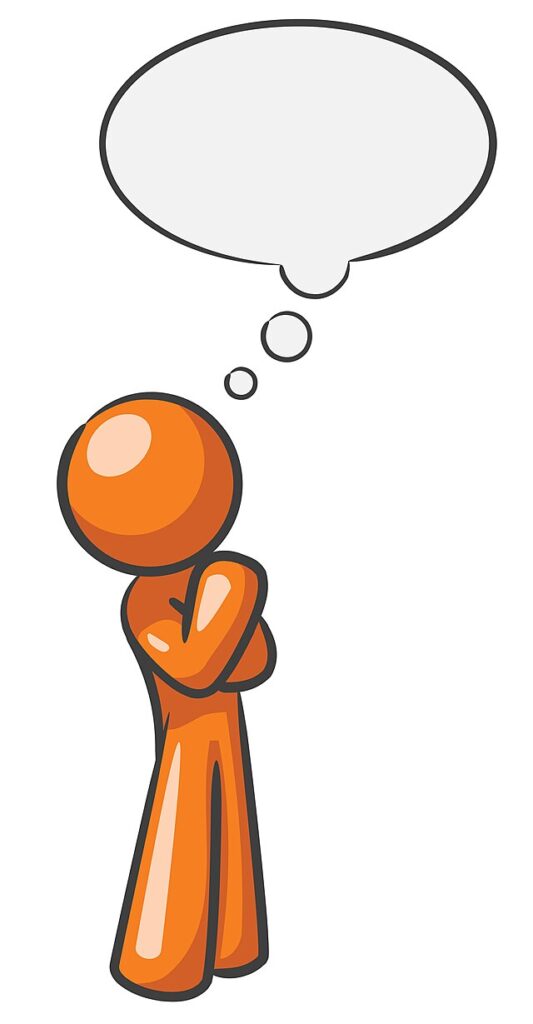
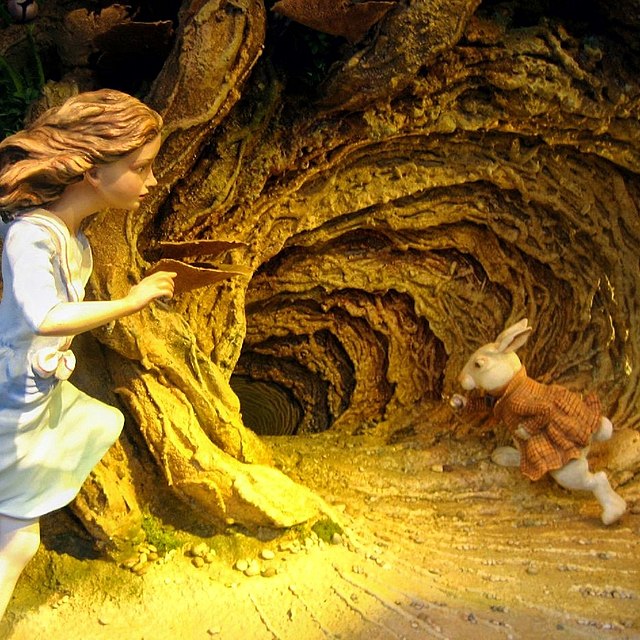

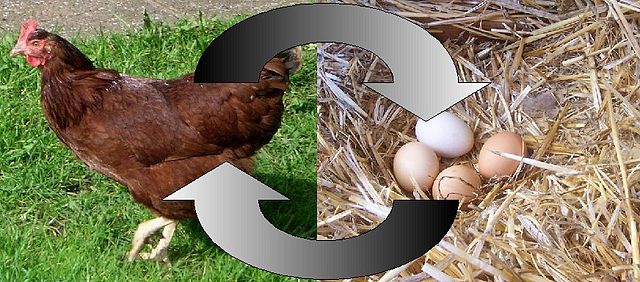
I want the book to be long, the story to be complicated, the cast of characters to be various and interesting, the sentences likewise. John Irving.
Perhaps not the best advice for the aspiring novelist in the 21st century, but I like it nonetheless.
The Wollstonecraft quote is excellent. Some of the most compelling baddies truly believe they are doing the right thing. Does make me think of those villains in Hot Fuzz…For the greater good… 🙂
Yet another great write.